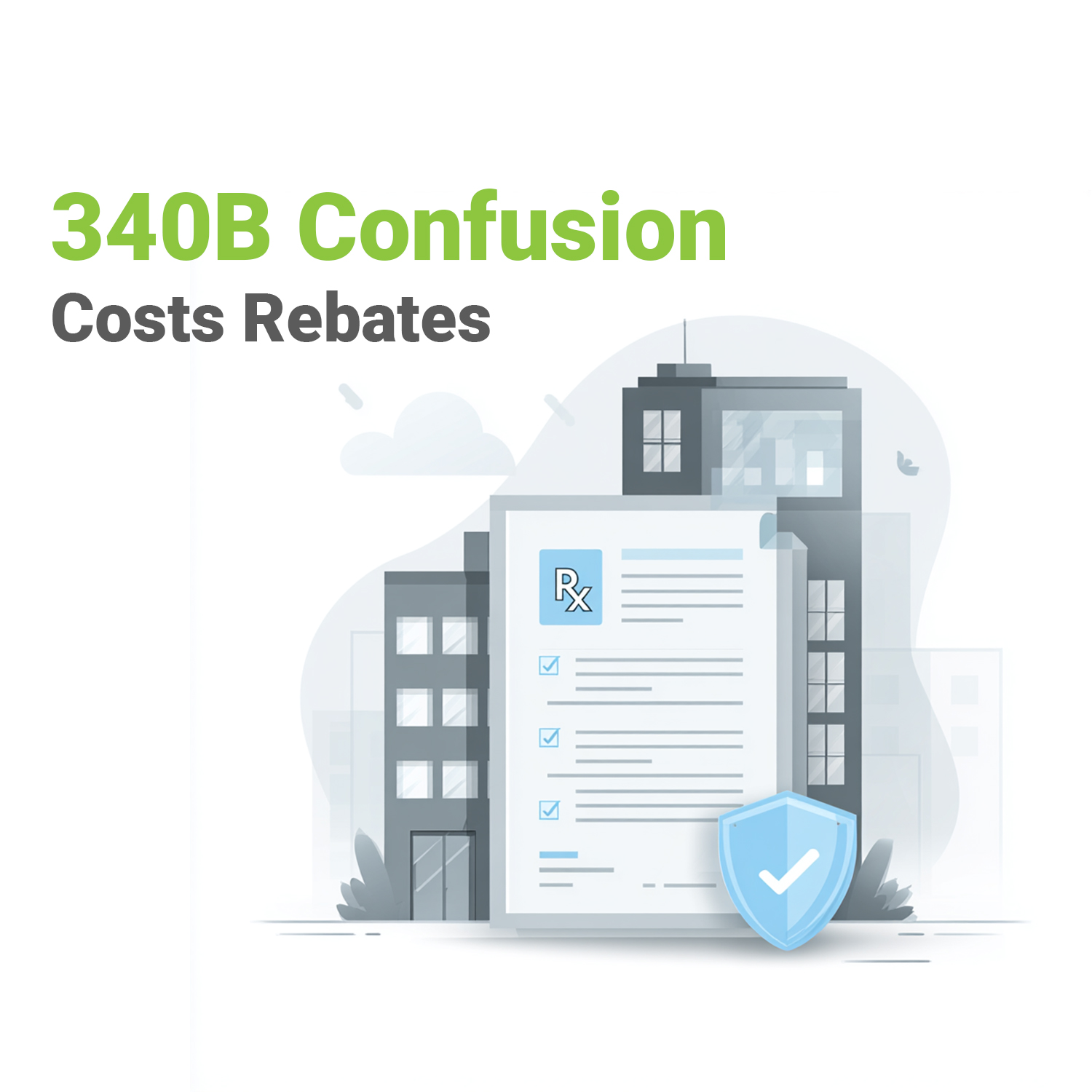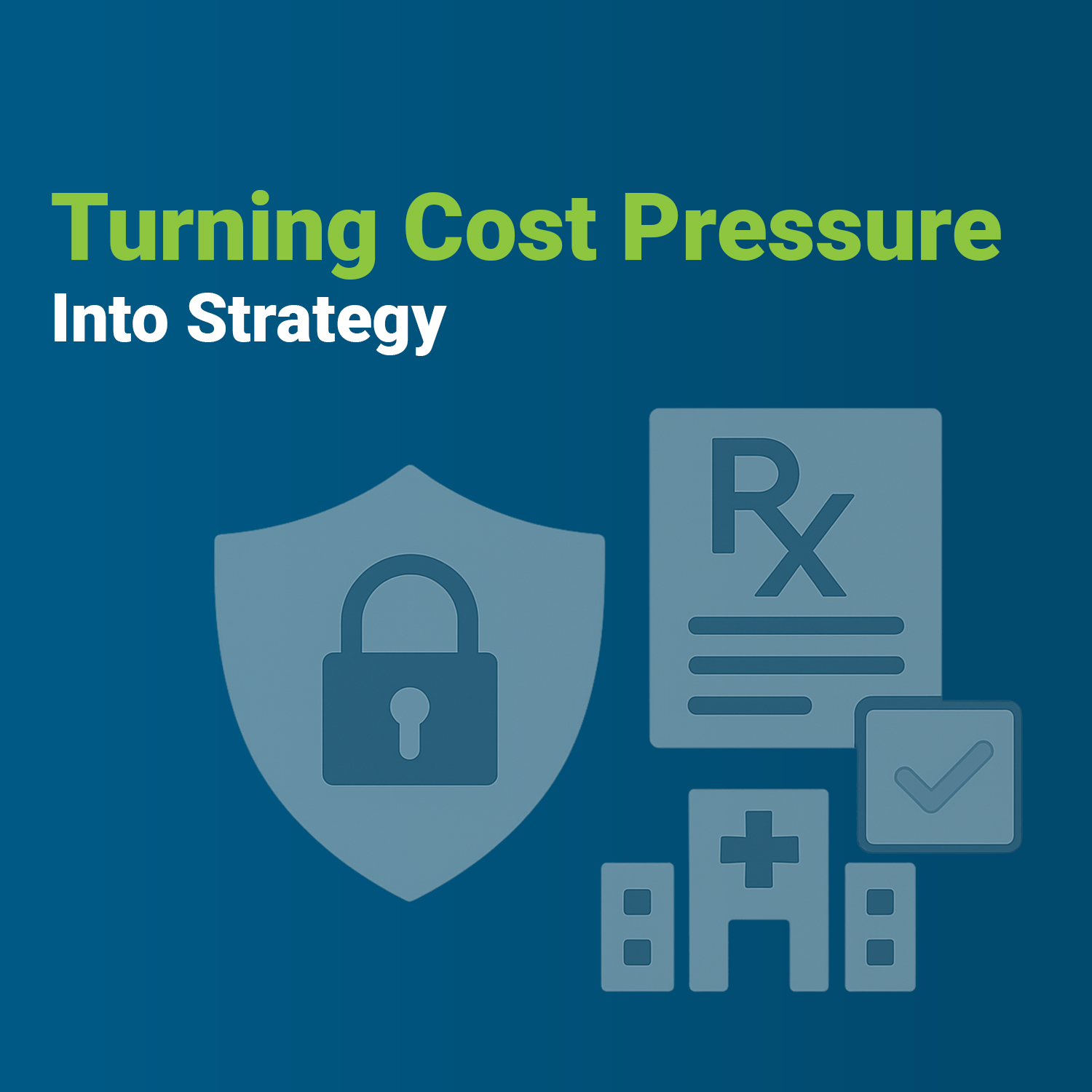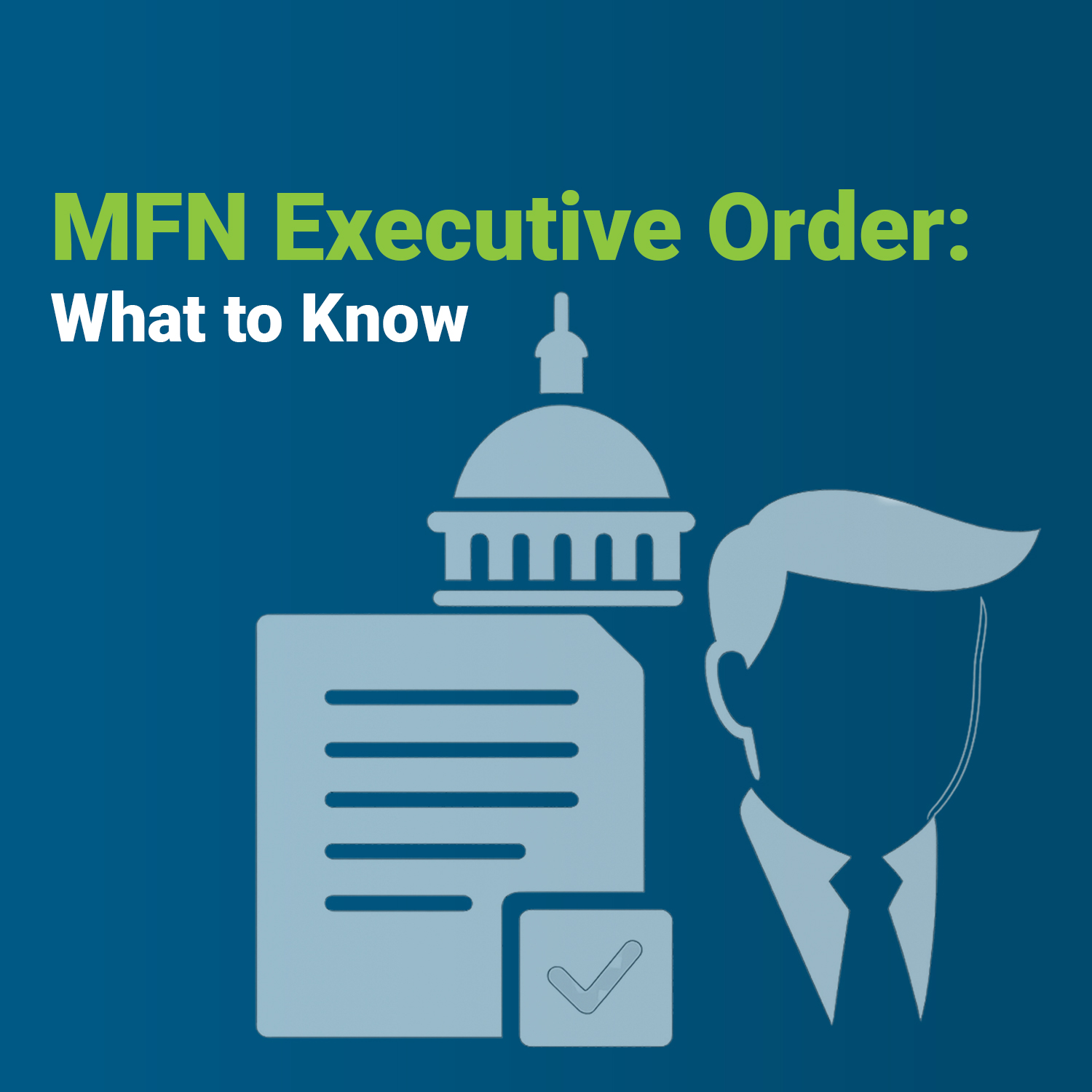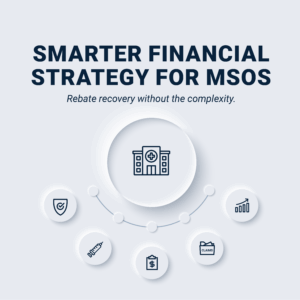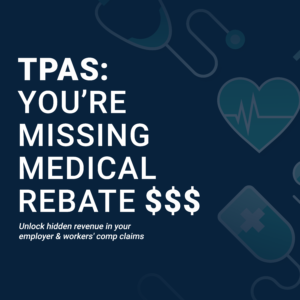Lately, you may have seen news reports about entrepreneur and Shark Tank star Mark Cuban getting into the prescription drug business, promising low prescription drug costs for anyone.
If someone isn’t currently covered by a prescription drug benefit, Cuban’s new undertaking could very well be a good deal. But there are some important differences between his new company and a full prescription drug benefit you and your employees should be aware of.
Mark Cuban Cost Plus Drug Company is not an insurance plan
Cuban’s company is not a health insurance plan, nor does it take insurance. Discount plans are NOT insurance plans. They are not required to cap out-of-pocket costs, and a customer’s mileage will vary in terms of how much they save by using a discount plan.
Most classic prescription benefit plans cover a lot more than the generic versions of the most popular drugs. Standard prescription benefit plans also cover new brand-name drugs and higher-priced “specialty” drugs under allowable circumstances.
“The important thing to remember about Mark Cuban’s plan,” says VativoRx CEO and Managing Partner Lisa Quarterman, “is that it’s essentially like a discount warehouse for prescription drugs. If your drug is on their list, and you’re not on an insurance plan, you may find it saves you money.”
“For what it does, it’s great — anything that brings down the cost of staying healthy is a good thing for everyone.”
“We welcome Mark Cuban and his new company to the business of making healthcare more affordable,” says Quarterman.
Who is Mark Cuban Cost Plus Drug Company for?
So, how does Cost Plus work and who should use it?
Anyone who is not covered by a classic health insurance plan or HMO with a prescription benefit will likely see an advantage to using Cuban’s plan. But don’t always expect $20, $10 or even lower co-pays. As Cuban himself explains it on the company’s website, the discounted prescription for a popular medicine would be $33, much lower than the retail price, but still more than the co-pay under a typical prescription plan.
Cuban says he hopes that transparent pricing policies — a 15% markup on all actual wholesale costs — may also lead to lower drug prices overall for all patients, not just his customers.
